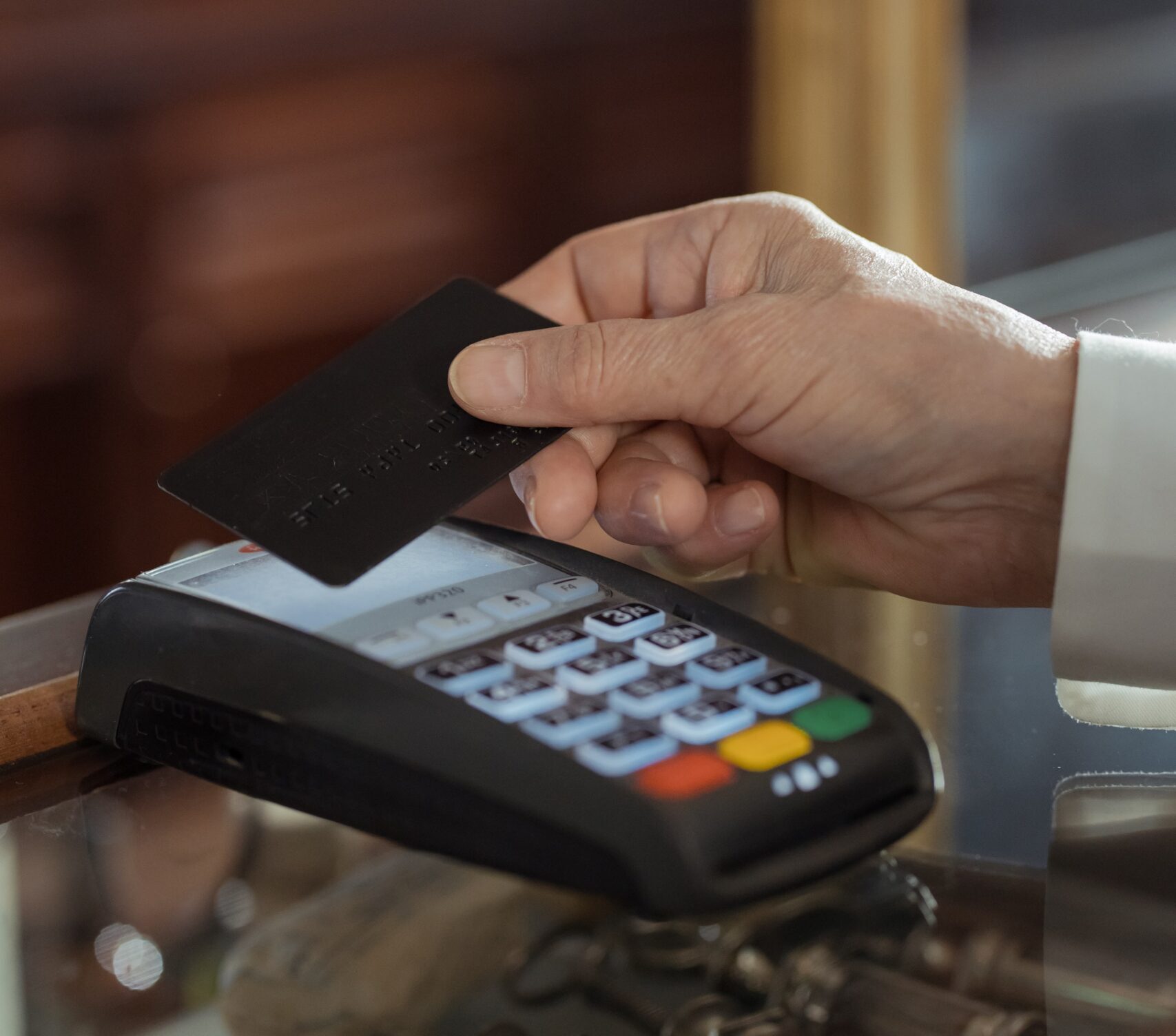You keep 100% of every credit card sale:
When you sell $50, you receive $50 by surcharging.
A payment card surcharge is an additional fee that a merchant adds to a consumer’s bill when he or she uses a card for payment.
Before choosing to surcharge, U.S merchants may want to consider a number of factors, including:
• The potential impact on your customers’ experience.
• What your competitors might be doing.
• What information must be disclosed to your customers and how
A payment card surcharge is an additional fee that a merchant adds to a consumer’s bill when he or she uses a card for payment.
Before choosing to surcharge, U.S merchants may want to consider a number of factors, including:
• The potential impact on your customers’ experience.
• What your competitors might be doing.
• What information must be disclosed to your customers and how
U.S merchants must first notify VISA, MasterCard, and their Merchant service provider of their intent to surcharge at 30 days prior to implementing surcharging. Merchants can get additional information and submit the notification forms.
There are limits to the amount that can be surcharged. The amount can’t exceed the merchant’s average discount rate/interchange fees plus the average various card brand pass-through fees imposed, and it can Never exceed 4% even if the merchant’s average merchant fee is greater than that. The merchant MUST disclose their surcharging practices to customers in three locations:
I) At the point of store entry, or for e-commerce merchants, on the first web page that references payments. Customers should be told that the merchant imposes a surcharge on credit cards, and the surcharge is not greater than the merchant’s cost of acceptance.
II) At the point of sale, or for e-commerce merchants, on the checkout webpage. Customers should be told that the merchant imposes a surcharge on credit cards, the surcharge is not greater than the merchant’s cost of acceptance of the credit card, and the amount of the surcharge.
III) Sales receipts must have separate line items with the surcharge amount.

The settlement agreement impacts Visa’s rules related to the surcharging of credit card purchases made in the U.S. and U.S. territories only. Surcharging remains prohibited outside the U.S. unless there is a local law or variance that requires merchants be permitted to engage in the practice.
Is Surcharge Legal In Your State?
Some states have deemed surcharges illegal. To find out if your state has any restrictions, visit the National conference of State Legislatures article here. https://www.ncsl.org/research/financial-services-and-commerce/credit-or-debit-card-surcharges-statutes.aspx
Find out additional information about surcharging credit card at the following sites:
